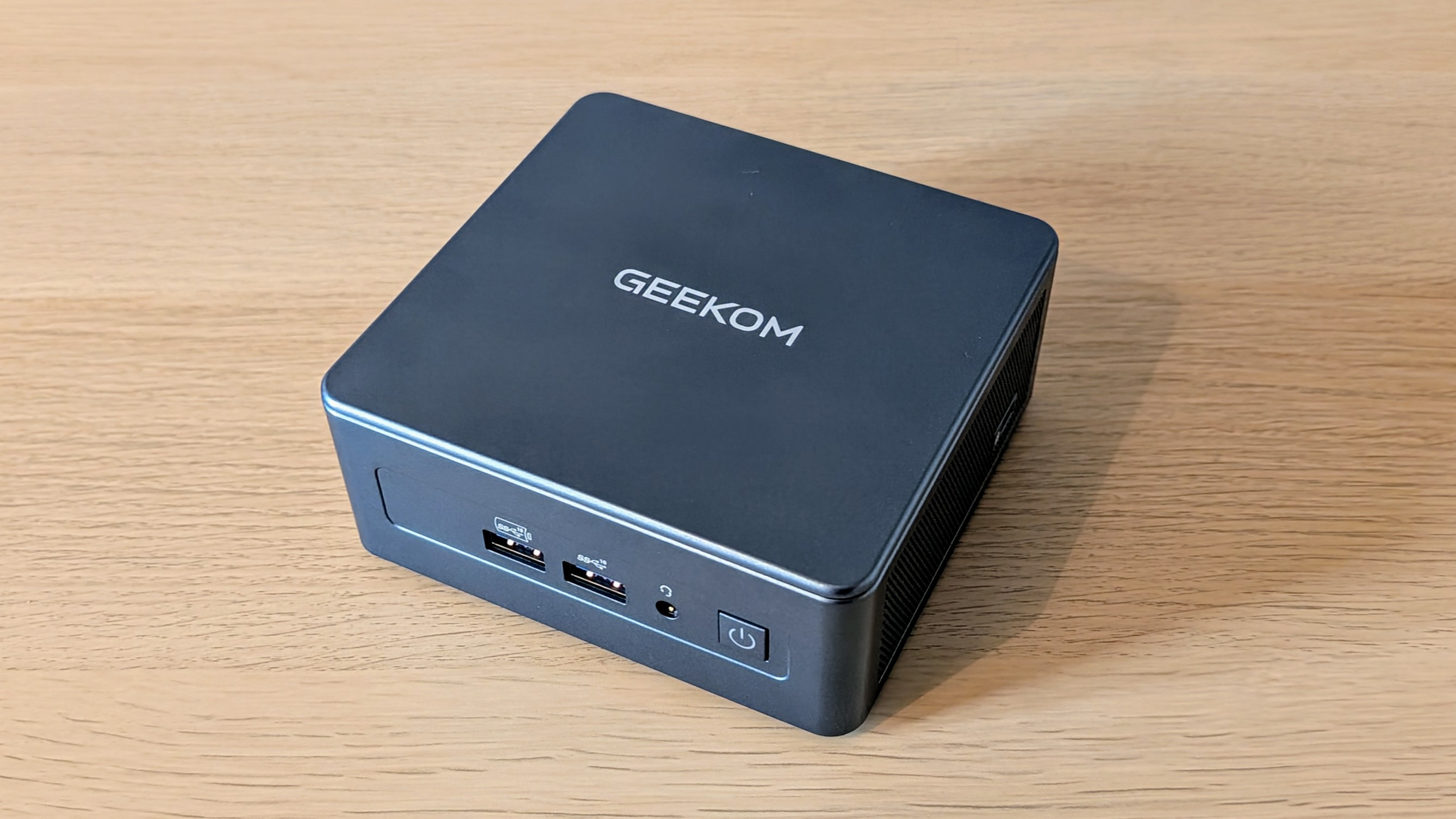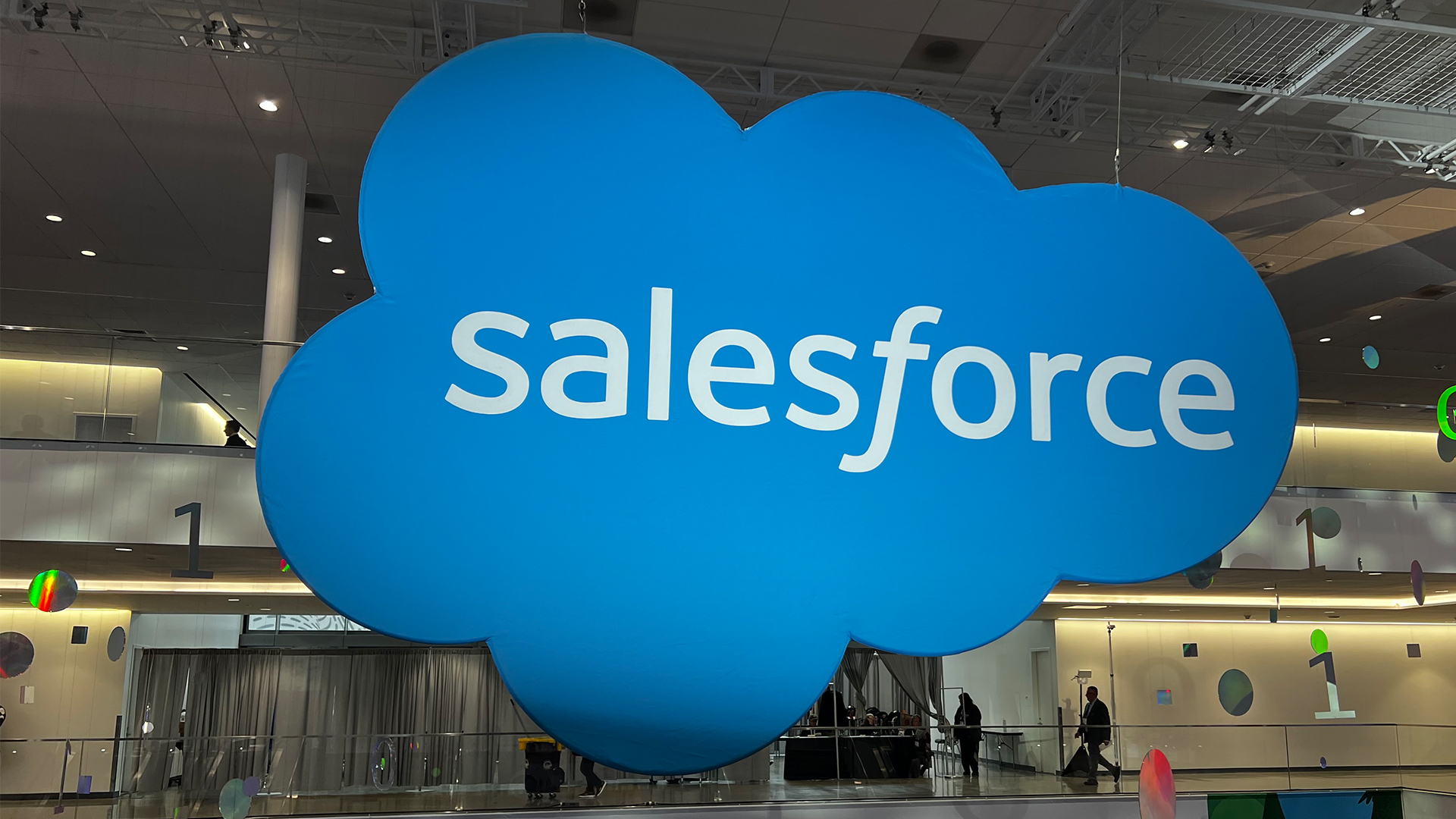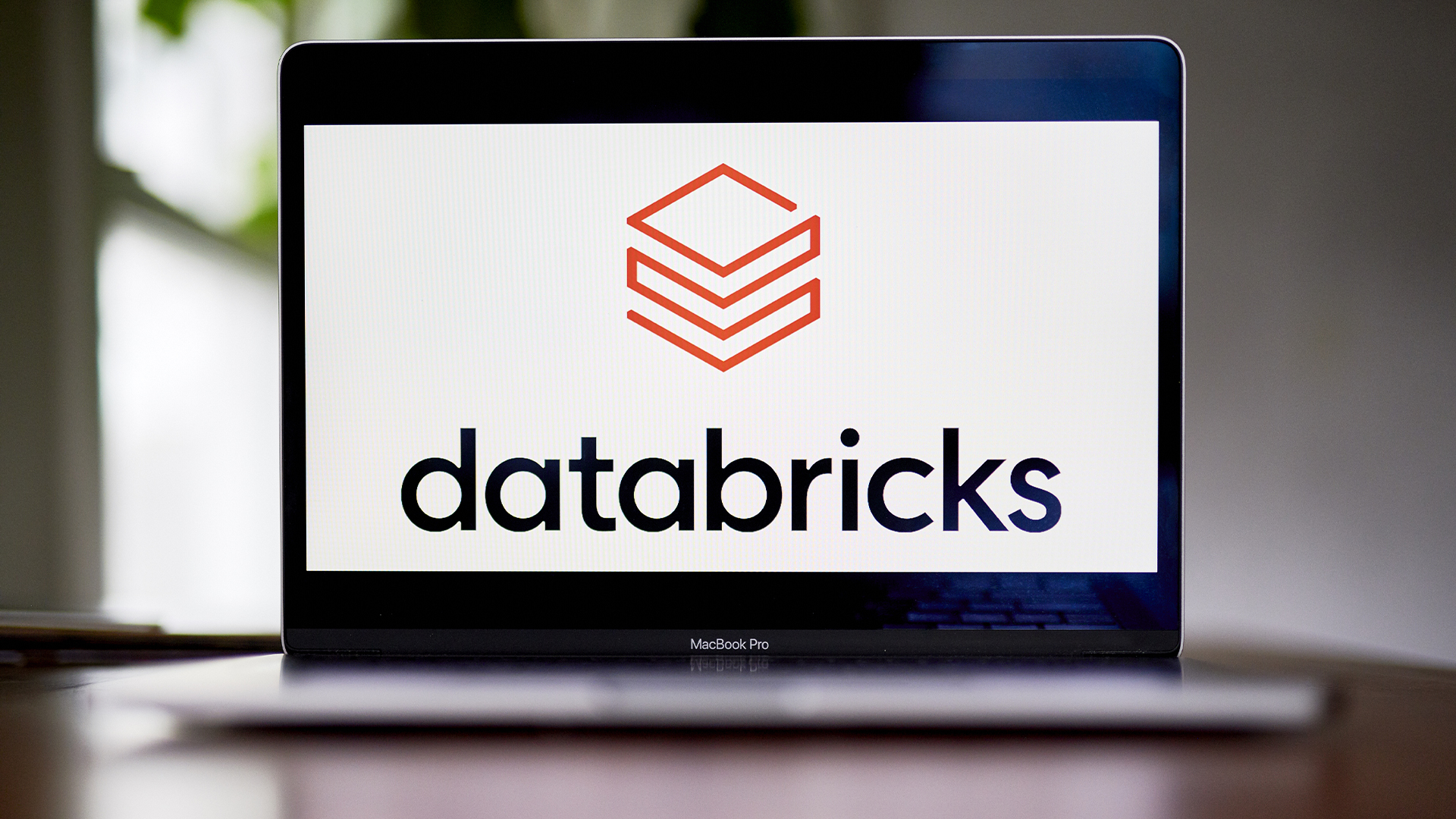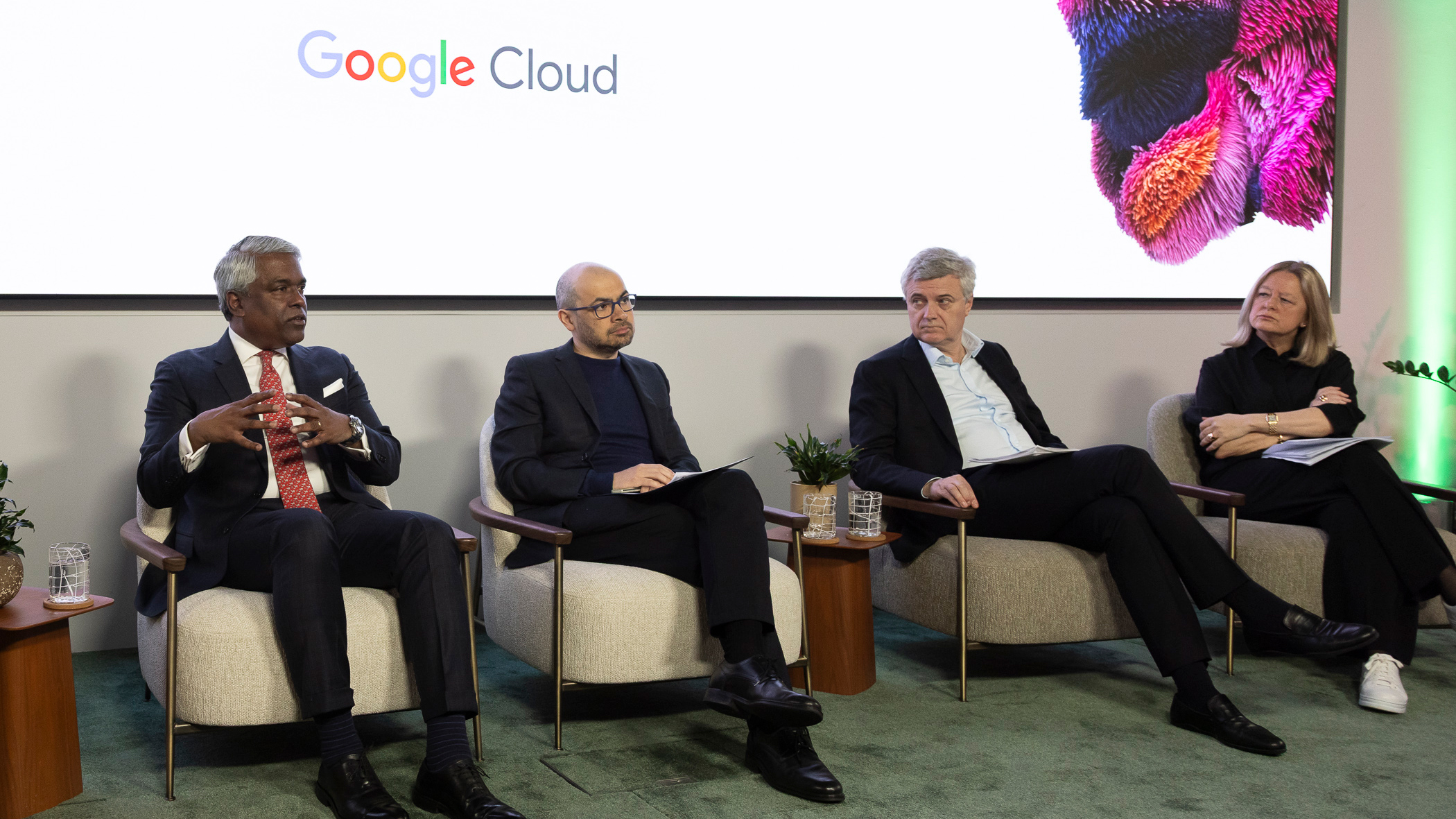Workers are warming to agentic AI, but concerns over accuracy linger
Staff are seeing big efficiency gains with agentic AI, but they're worried about the quality of results


Most workers in the US and UK are using AI agents at work, according to new research, despite the fact that a third don't trust their reliability or quality.
Nearly six-in-ten are using AI agents on a daily basis, and told YouGov researchers commissioned by Pegasystems that they're seeing useful results.
Four-in-ten highlighted the automation of tedious tasks as the main benefit of agentic AI, followed by reduced time spent searching for job-related information and quick meeting summarization, both cited by around a third.
However, workers have big reservations that prevent them from fully trusting agentic AI. A third said they were worried about the quality of work produced by agents, with a similar number pointing to a lack of human intuition and emotional intelligence.
Similarly, three-in-ten said they don’t trust the accuracy of AI-generated responses.
"Both organizational leaders and their employees recognize the significant benefits of agentic AI," said Pegasystems CTO Don Schuerman.
"However, this new research underscores that many still have reservations, and it’s up to enterprise leaders to strategically and thoughtfully incorporate the technology to help ensure adoption."
Get the ITPro daily newsletter
Sign up today and you will receive a free copy of our Future Focus 2025 report - the leading guidance on AI, cybersecurity and other IT challenges as per 700+ senior executives
As a result of these concerns, four-in-ten are uncomfortable submitting AI-generated work while 34% worry that AI-produced work isn’t as good as their own.
Despite this, nearly half still believe AI will positively impact their jobs over the next five years, with only 13% anticipating negative effects.
Nearly half (42%) of respondents identified enhanced accuracy and reliability as the top priority for improvement in agentic AI tools, followed by better training on how to use these tools (39%), and increased transparency in AI decision-making processes, cited by a third.
Making agentic AI work
To make agentic AI work and achieve mass adoption, organizations will need to put in some effort, according to Pega. This means developing an orchestrated approach, with AI designing, automating, and optimizing workflows and customer journeys, but only alongside humans.
"Organizations must meet employees where they are by integrating AI agents with actual workflows so they’re not just doing any work, but doing the right work," said Schuerman.
"This, combined with proper governance, transparency, and educational opportunities, will be vital for maximizing productivity, increasing comfort with the technology, and ultimately achieving widespread adoption for a true return on investment."
In another report released this week, digital operations management company PagerDuty found that more than half of CIOs and CTOs see agentic AI as core to their future IT operations.
RELATED WHITEPAPER

Nearly four-in-ten said they had witnessed operational efficiency gains from the technology, with 36% saying it had improved customer experiences and 38% that it was giving them better insights from data.
"AI has rapidly grown to become the backbone of digital operations, helping reduce toil, improve resilience and drive tremendous efficiency," said Katherine Calvert, chief marketing officer at PagerDuty.
Emma Woollacott is a freelance journalist writing for publications including the BBC, Private Eye, Forbes, Raconteur and specialist technology titles.
-
 Geekom Mini IT13 Review
Geekom Mini IT13 ReviewReviews It may only be a mild update for the Mini IT13, but a more potent CPU has made a good mini PC just that little bit better
By Alun Taylor
-
 Why AI researchers are turning to nature for inspiration
Why AI researchers are turning to nature for inspirationIn-depth From ant colonies to neural networks, researchers are looking to nature to build more efficient, adaptable, and resilient systems
By David Howell
-
 Google Cloud is leaning on all its strengths to support enterprise AI
Google Cloud is leaning on all its strengths to support enterprise AIAnalysis Google Cloud made a big statement at its annual conference last week, staking its claim as the go-to provider for enterprise AI adoption.
By Rory Bathgate
-
 Salesforce wants technicians and tradespeople to take AI agents on the road with them
Salesforce wants technicians and tradespeople to take AI agents on the road with themNews Salesforce wants to equip technicians and tradespeople with agentic AI tools to help cut down on cumbersome administrative tasks.
By Ross Kelly
-
 Meta executive denies hyping up Llama 4 benchmark scores – but what can users expect from the new models?
Meta executive denies hyping up Llama 4 benchmark scores – but what can users expect from the new models?News A senior figure at Meta has denied claims that the tech giant boosted performance metrics for its new Llama 4 AI model range following rumors online.
By Nicole Kobie
-
 Databricks and Anthropic are teaming up on agentic AI development – here’s what it means for customers
Databricks and Anthropic are teaming up on agentic AI development – here’s what it means for customersNews Simplifying agentic AI adoption is the name of the game for Databricks
By Ross Kelly
-
 DeepSeek and Anthropic have a long way to go to catch ChatGPT: OpenAI's flagship chatbot is still far and away the most popular AI tool in offices globally
DeepSeek and Anthropic have a long way to go to catch ChatGPT: OpenAI's flagship chatbot is still far and away the most popular AI tool in offices globallyNews ChatGPT remains the most popular AI tool among office workers globally, research shows, despite a rising number of competitor options available to users.
By Ross Kelly
-
 ‘DIY’ agent platforms are big tech’s latest gambit to drive AI adoption
‘DIY’ agent platforms are big tech’s latest gambit to drive AI adoptionAnalysis The rise of 'DIY' agentic AI development platforms could enable big tech providers to drive AI adoption rates.
By George Fitzmaurice
-
 Google Cloud announces UK data residency for agentic AI services
Google Cloud announces UK data residency for agentic AI servicesNews With targeted cloud credits and skills workshops, Google Cloud hopes to underscore its UK infrastructure investment
By Rory Bathgate
-
 Productivity gains, strong financial returns, but no job losses – three things investors want from generative AI
Productivity gains, strong financial returns, but no job losses – three things investors want from generative AINews Investors are making it clear what they want from generative AI: solid financial and productivity returns, but no job cuts.
By Nicole Kobie